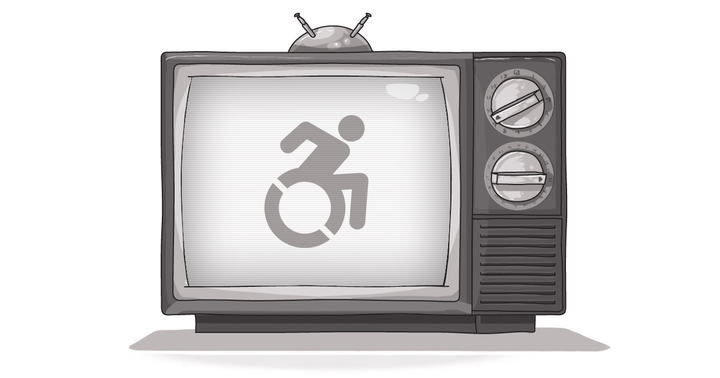Subtle Exposure: Making Accessibility Mainstream

Making one's business or organization accessible to customers, employees, and others is essential -- but that accessibility needs to come through in a natural way. To me, the best way to tip the scales in favour of universal accessibility -- making everything available to everyone -- is by making accessibility a part of everyday life.
Success comes from making accessibility something that everyone wants to be a part of, because it's something that they see every day. Not forced, not imposed, but rather a natural, realistic, and present part of the day-to-day experience.
There are several existing effective strategies for getting people to consider and implement accessible practices. Legislation is the right way to start: it sets standards and increases compliance. But recently whispers that AODA will be less-stringently enforced in the coming years suggests that legislation can't be the complete answer.
The threat of litigation, presenting a positive business case, and emotional-based "the right thing to do" arguments all sway some people; they are all effective in their own way.
But the only true way to put accessibility on the mind of as many people as possible is through popular media. Not the Daredevil superhero portrayals of disability, nor the Mr. Magoo variety of humour, but real characters with real disabilities having realistic roles.
The role of actors with disabilities comes to mind here, but that goes beyond my current discussion. My point is that to get everyone to think of disability in a normalized way they have to see it in a normalized way. There are important access discussions that need to happen, but until people see disability as often as they see any other characteristic, it'll always appear as a separate, somewhat foreign, issue.
There is in fact a film festival which does all these things – it's called Reelabilities. This festival screens films with positive and realistic portrayals of disability. Some films are about disabilities specifically; some just have characters with disabilities, which have nothing to do with the plot; and several films are directed by persons with disabilities. All the films are captioned and audio described, and all venues are physically accessible.
What a fantastic experience to go to an event, see someone in film that reflects your lived experience, while being able to enjoy the film in the same way as sighted film-goers. It takes the 'otherness' out of disability – not the miraculous human with a pitifully optimistic attitude about life but the real human who struggles to get a date, toils away at a career, and experiences a mid-life crisis -- just like any able-bodied character.
This translates to the digital world. How cool would it be to have customer testimonials like "Company X was highly efficient and professional and did everything my team required. I appreciated their extra attention to communicating with me by email when an ASL interpreter wasn't available for an in-person meeting?" Or perhaps a picture of a satisfied customer with their power wheelchair in full view.
By showing rather than telling -- and by not drawing exceptional attention to the fact that you accommodate those with disabilities -- you're telling the world that it's not such a big deal and that everyone can and should follow your lead.
Of course, we at Echidna have touted our accessibility efforts in a variety of formats to help encourage people learn more about accessible web design and the importance of accessibility throughout the operation. But, most importantly, it's not something that's separate from our core vision of providing exceptional service.
Our team makes great products, which also are accessible to everyone. Accessibility is just one more addition to existing excellence.
I think inclusion and accessibility need a rethink. Shouting it from the rooftops is great under certain circumstances, but it turns it into something special that most people won't have to consider on a daily basis. By increasing normalized exposure to disability and accessibility, you'll do more for the accessibility cause because people will see themselves in those with disabilities and the disconnect will be bridged.
When disability is seen as just another part of our everyday experience, then finally will accessibility be considered mainstream.
How to increase accessibility efforts?
SUBSCRIBE TO OUR E-NEWSLETTER
 Subscribe
Subscribe


